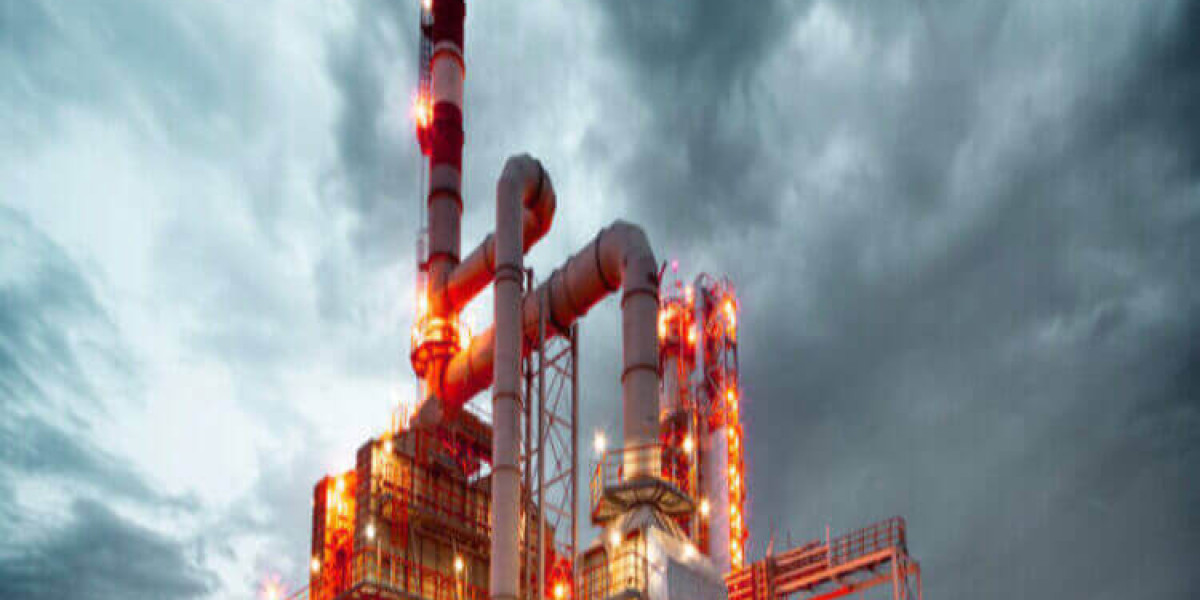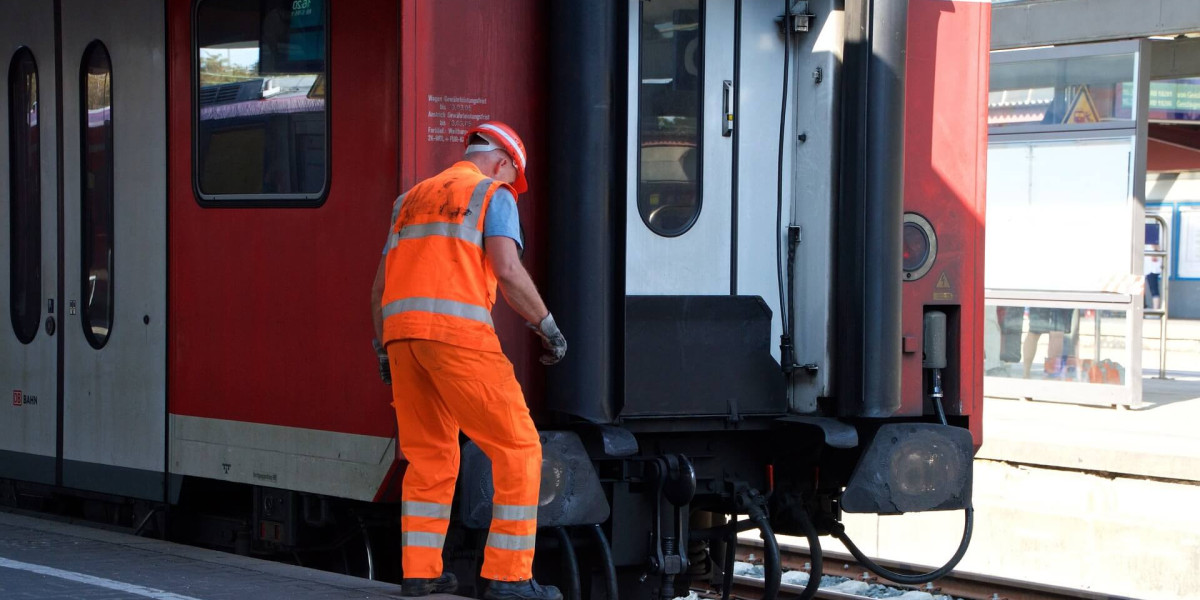In the rapidly evolving world of industrial development and infrastructure expansion, Electrical systems EPC (Engineering, Procurement, and Construction) services play a crucial role in delivering safe, efficient, and sustainable power solutions. These services are essential across various sectors including energy, manufacturing, oil and gas, and urban development. Whether it's a high-voltage substation, power distribution network, or an industrial automation system, an integrated EPC approach ensures project success from concept to commissioning.
As global demand for reliable electricity infrastructure increases, companies like MUE Group are leading the charge, offering comprehensive EPC services that meet international standards while adapting to regional requirements. By integrating engineering expertise, strategic procurement, and precise construction, MUE Group delivers turnkey electrical systems that support long-term operational reliability.
What Is Electrical Systems EPC?
Systems of electricity Electrical infrastructure engineering, procurement, and construction are all included in the full-scope service model known as EPC. This includes systems such as power generation plants, transmission lines, substations, switchgear assemblies, automation networks, and energy management systems. EPC contractors are responsible for every phase of the project lifecycle—from feasibility studies and detailed design to sourcing equipment, installation, and final commissioning.
Unlike traditional service models that separate engineering from construction, the EPC approach provides a streamlined process. Timelines are accelerated, misconceptions are reduced, and overall efficiency is increased. It also offers a single point of responsibility, making it easier for clients to manage complex projects and mitigate risk.
Key Components of Electrical Systems EPC Projects
1. Engineering Design
o In the initial phase, engineers perform load analysis, grid studies, and safety assessments to design customized electrical systems.
o This involves system modeling, single-line diagrams, protection coordination studies, and selection of appropriate technologies.
2. Procurement
o EPC providers source all required equipment and materials—transformers, circuit breakers, control panels, cabling, and more.
o Suppliers are evaluated based on technical compatibility, compliance with standards (e.g., IEC, IEEE), and cost-effectiveness.
3. Construction and Installation
o This includes site preparation, cable laying, equipment mounting, panel integration, and system interconnection.
o During this stage, environmental compliance, safety, and quality control are given top priority.
4. Testing and Commissioning
o Final system testing is conducted to ensure that performance meets the design criteria and operational reliability.
o Includes functional tests, insulation resistance tests, protection relay settings, and SCADA system verification.
Applications Across Industries
Electrical frameworks Many different industries depend on EPC services:
- · Oil & Gas: For powering drilling rigs, refining plants, and pipeline networks.
- · Manufacturing: Ensuring uninterrupted operations in factories through robust electrical distribution.
- · Renewable Energy: Grid integration of solar and wind farms using custom substations and inverters.
- · Urban Infrastructure: Smart city projects, metro systems, and street lighting networks.
- · Data Centers: High-reliability power and backup systems to support 24/7 operations.
Why Choose MUE Group for Electrical Systems EPC
As a trusted EPC contractor, MUE Group brings an integrated approach to electrical system development. Their team of engineers, project managers, and field technicians work in sync to ensure project efficiency, technical accuracy, and timely delivery.
What sets MUE Group apart:
· Local Expertise with Global Standards: MUE Group blends extensive understanding of local laws and market demands with global engineering standards.
· Turnkey Capabilities: From conceptual planning to handover, they handle all phases of EPC projects under one roof.
· Innovative Technology Integration: Advanced automation systems, smart grid solutions, and energy management software are integral to their projects.
· Focus on Sustainability: Projects are designed to be energy-efficient and environmentally compliant, aligning with global green energy goals.
Clients across the Middle East and beyond trust MUE Group for their ability to deliver complex electrical infrastructure within challenging timelines and environments.
The Benefits of the EPC Model
The Electrical systems EPC model brings several strategic advantages to project owners:
- · Cost Control: Budget estimates are consolidated and managed by a single provider, reducing cost overruns.
- · Time Efficiency: Integrated planning reduces delays often caused by disjointed teams or contracting issues.
- · Quality Assurance: Seamless coordination ensures consistent quality throughout design, procurement, and construction.
- · Reduced Risk: Clients interact with one responsible party, minimizing contractual and operational risks.
This model is especially valuable for projects with tight schedules or those requiring customized engineering solutions, such as renewable energy facilities or offshore power installations.
Conclusion
As global infrastructure keeps changing, electrical systems EPC services play a more and more important role. The ability to design, procure, and construct complex electrical systems under a single, cohesive framework is a major asset to any industry looking to expand, upgrade, or modernize. With its commitment to innovation, precision, and excellence, MUE Group stands out as a leading provider of electrical EPC solutions, delivering sustainable energy infrastructure that powers progress. For any organization aiming for reliable and future-ready electrical systems, partnering with a trusted EPC provider is key to success.








